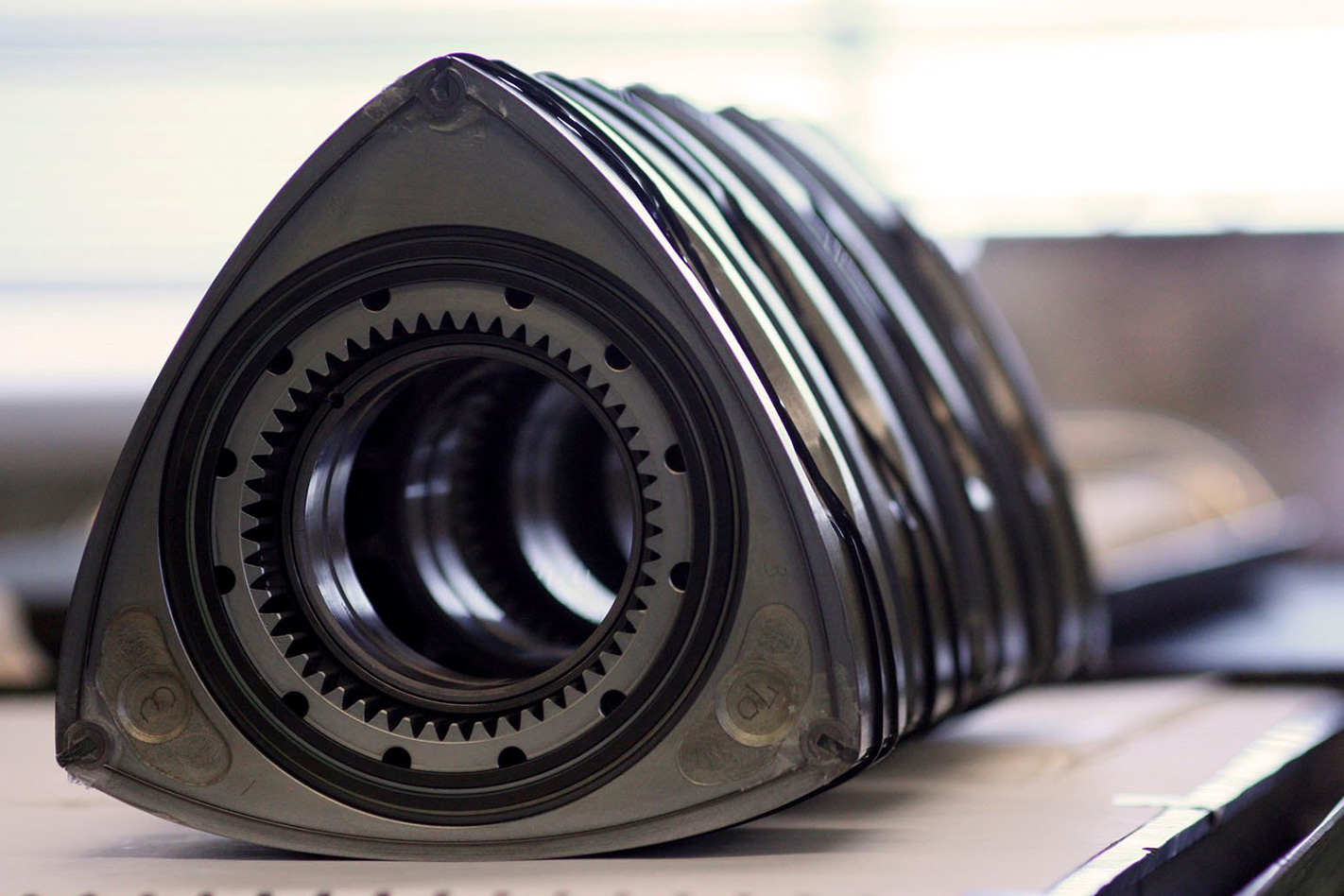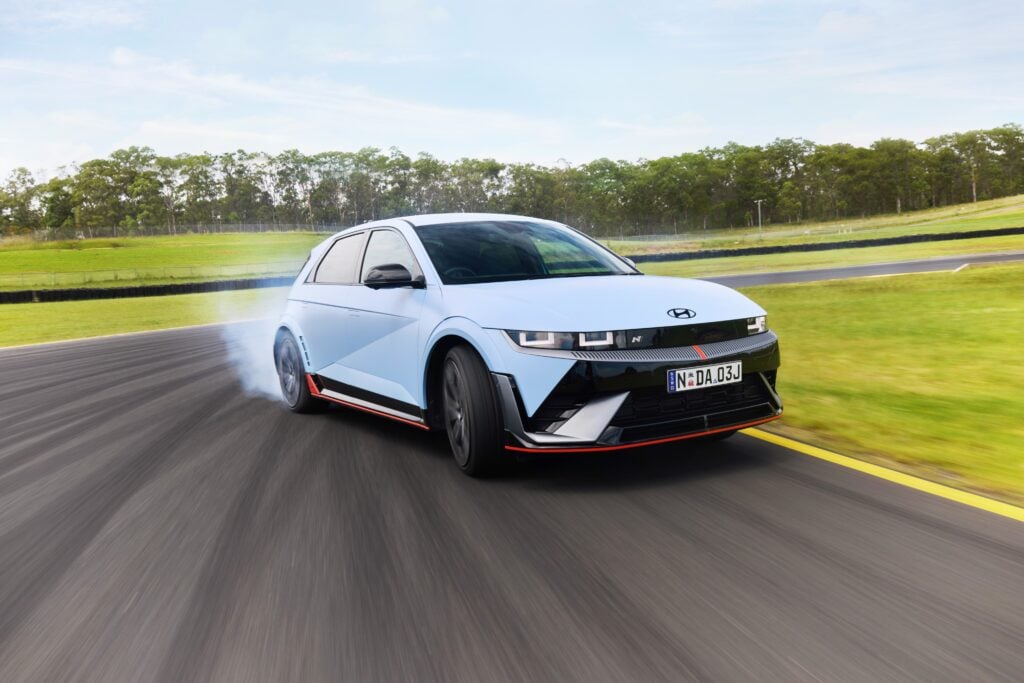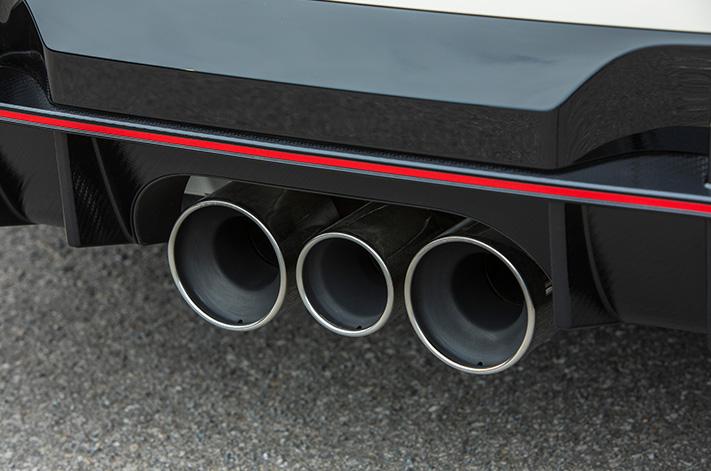A return to rotary engines for Mazda has been put on hold, with the Japanese manufacturer saying it has shelved its plans to bring back the Wankel – for now at least.
According to international publication Automotive News, Mazda’s planned reintroduction of the rotary engine as a driving range extender for its electric vehicles has stopped due to spiralling productions costs associated with the technology.
Initially aimed at being fitted to the MX-30 crossover from 2022, it is understood the driving range extender models were mainly targeted at the European and North American markets, though Mazda Australia’s marketing director, Alastair Doak, previously told Wheels the local arm had signalled its intention to receive the updated model.
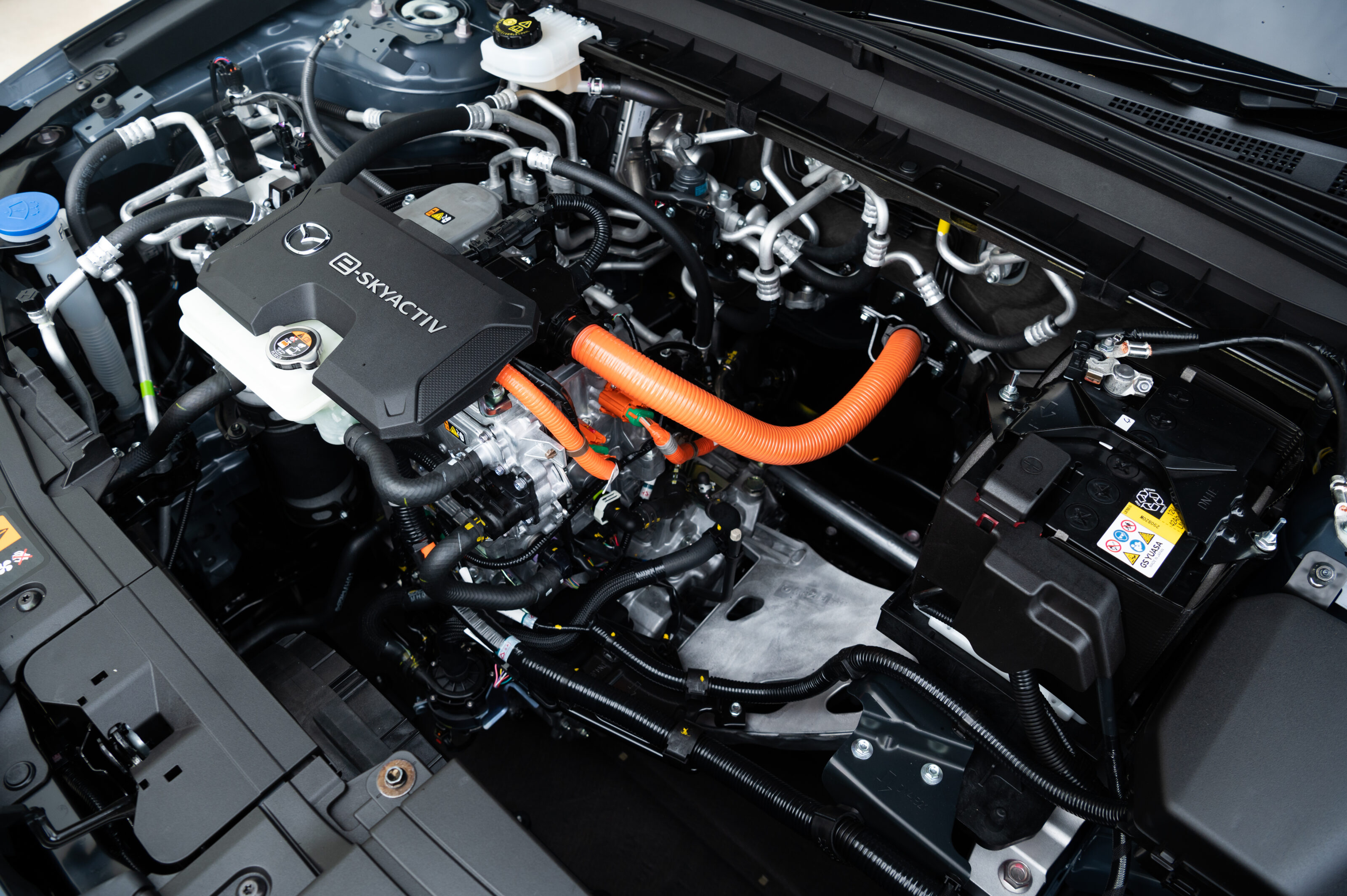
In an interview with Automotive News, a Mazda spokesperson, Masahiro Sakata, said the company was still interested in using the rotary but was unsure on timing.
“We are still considering using rotary engine as a [driving] range extender, but the timing of its introduction is undecided,” said Sakata.
In Australia, the MX-30 is either available as a 2.0-litre, four-cylinder petrol with 24-volt mild-hybrid assistance or as a dedicated electric vehicle with a 107kW motor and 35.5kWh battery pack, giving the vehicle a WLTP tested range of 200km.
While the petrol-powered MX30 starts at $33,990 and tops out at $40,990, the MX-30 EV begins at $65,490 before on-road costs – close to double the price of its internal combustion engine siblings.
We recommend
-
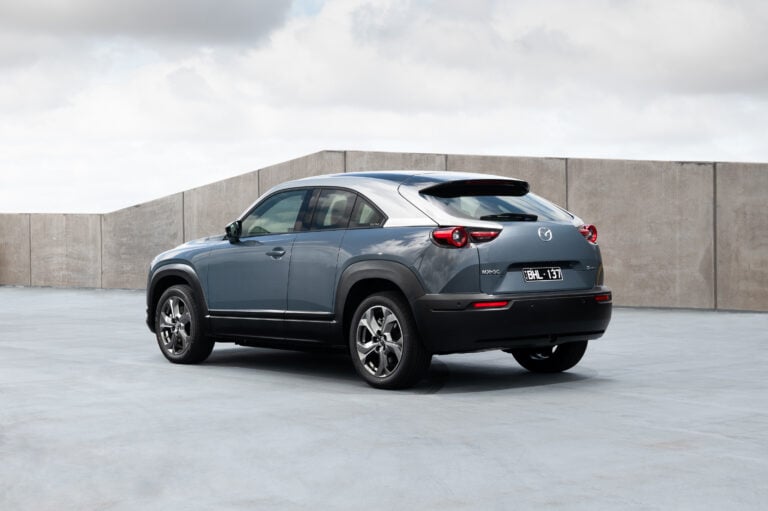 News
NewsMazda MX-30 electric SUV price and specs
High-spec MX-30 Astina isn’t cheap, but Mazda says it’s a ‘best foot forward’ approach
-
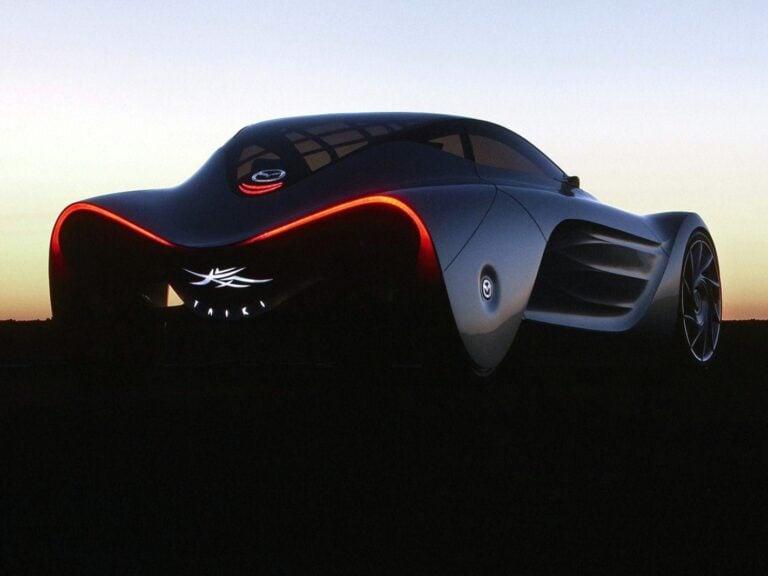 News
NewsSky’s the limit for Mazda rotary power
Mazda mulling more rotary engine applications outside automotive realm
-
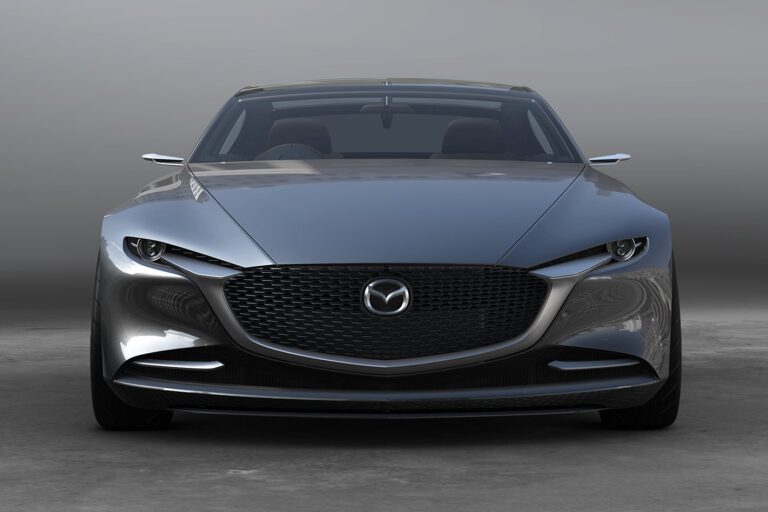 News
NewsMazda reveals plans for all-electric model, rotary-powered hybrid
The Japanese carmaker says it expects 95 percent of the cars it sells in 2030 will be hybrid, with the remaining five percent being purely electric


